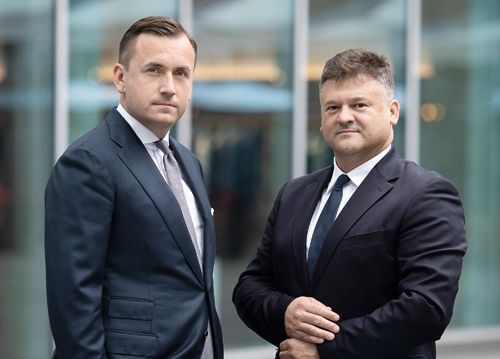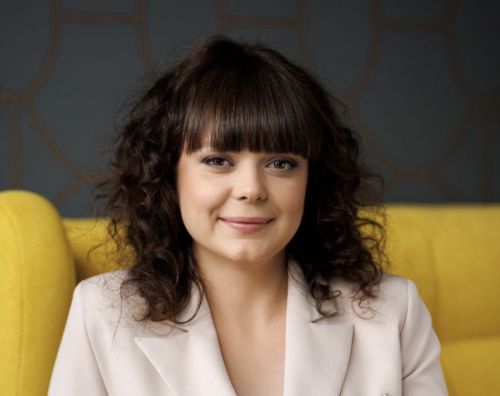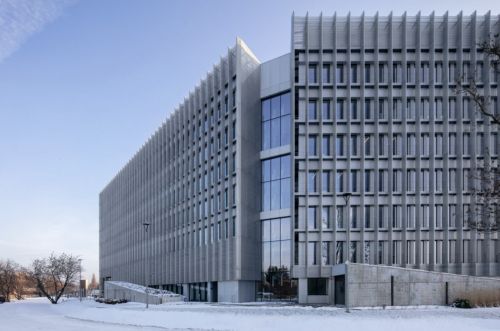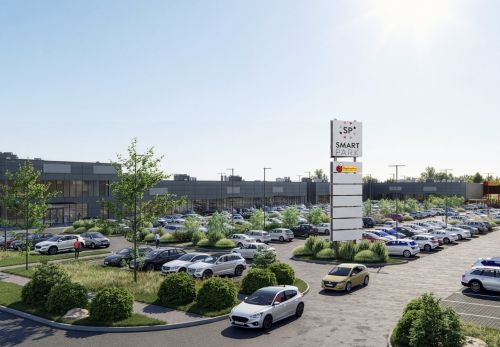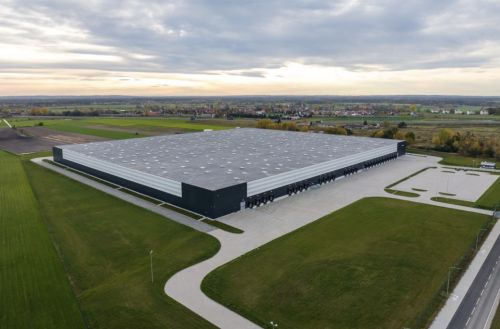The investment market has been having another very good year, with rising transaction volumes in almost every real estate segement. Well, almost. Because the one exception is the hospitality segment, where the investment turnover has been negligible this year. Piotr Mirowski, a senior partner at Colliers International and the head of the investment advisory department, along with Rafał Rosiejak, the director of the consultancy’s hotel advisory department, tell us what all this means and what lies ahead
